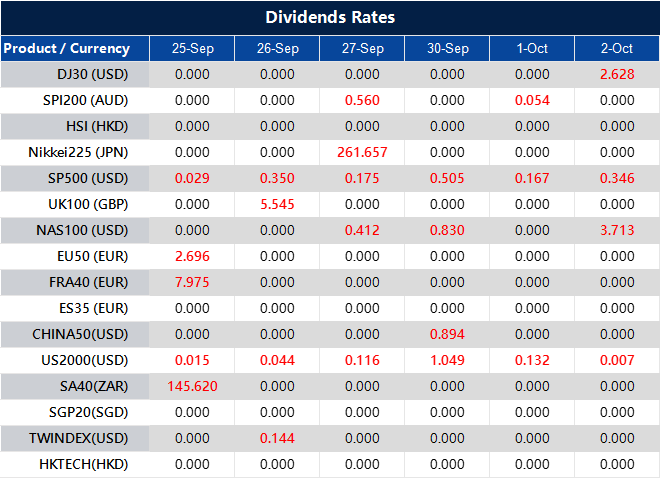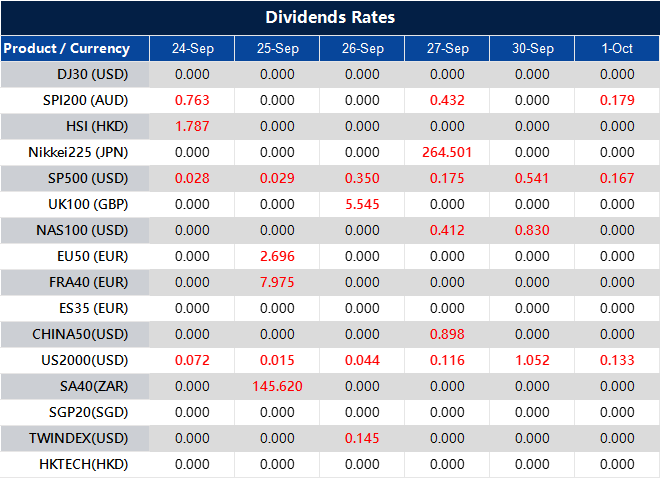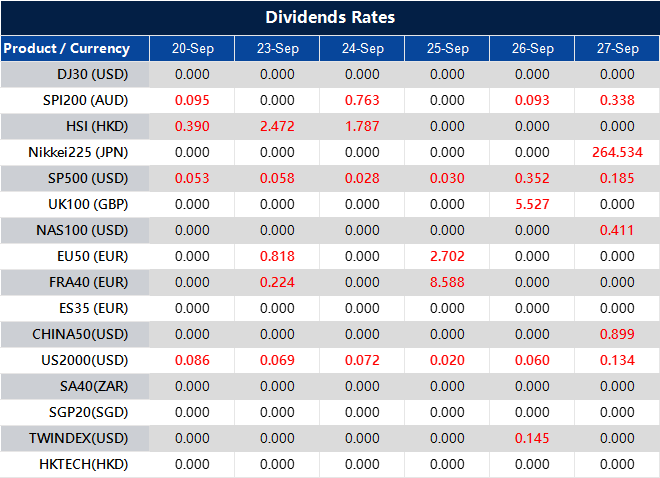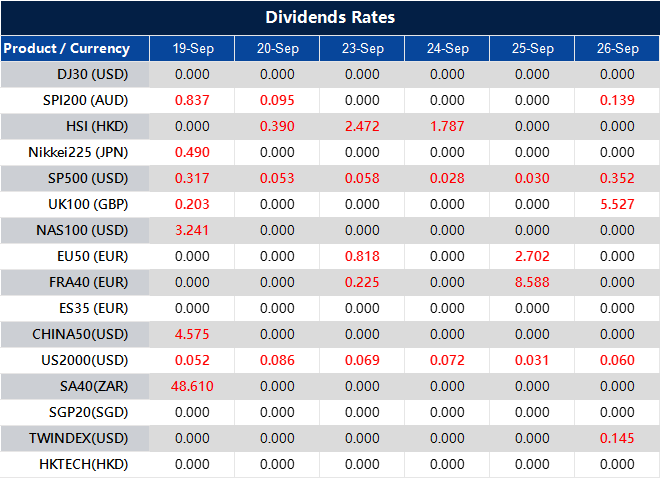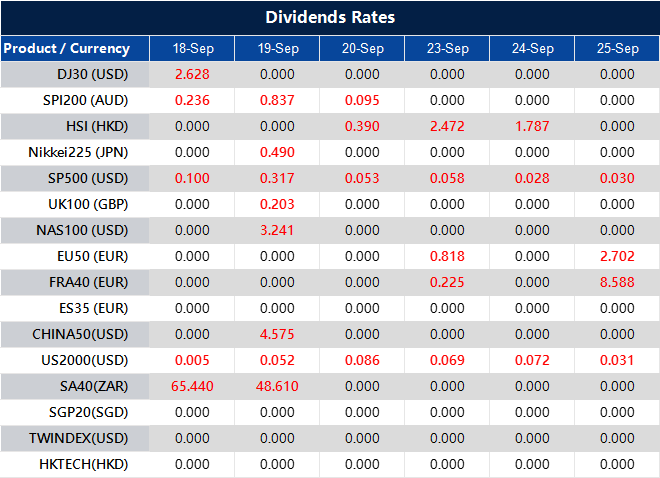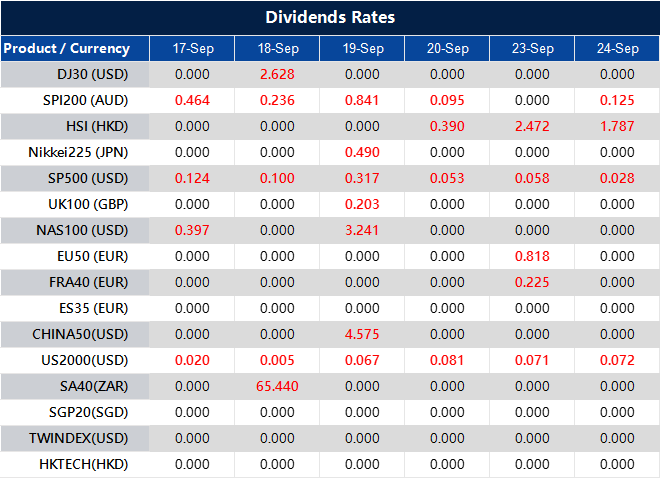A Beginners Guide To Forex Trade
Forex trading, or foreign exchange trading, is one of the most dynamic financial markets globally. With Hong Kong being one of the world’s leading financial hubs, it presents unique opportunities for traders looking to start their forex journey. In this complete guide, we’ll explore everything a beginner in Hong Kong needs to know to get started with forex trading, from understanding the basics to learning advanced trading strategies.
1. What is Forex Trading?
Forex trading involves buying and selling currencies to profit from price fluctuations. Unlike stock markets, the forex market operates 24 hours a day, five days a week, due to its decentralized nature. Major financial centers like London, New York, Tokyo, and Hong Kong drive global trading volume.
In simple terms, forex trading involves trading currency pairs. For instance, if you buy the EUR/USD pair, you’re buying euros and selling U.S. dollars. The goal is to buy a currency when it is undervalued and sell it when it appreciates.
2. Why Trade Forex in Hong Kong?
Hong Kong is one of Asia’s leading financial centers and offers several advantages for forex traders:
- Strategic Location: Being at the intersection of Asian and Western markets, Hong Kong provides access to multiple trading sessions.
- No Capital Gains Tax: Unlike many other countries, Hong Kong does not impose capital gains tax, allowing traders to maximize their profits.
- Regulation and Transparency: The forex market in Hong Kong is regulated by the Securities and Futures Commission (SFC), ensuring traders operate in a secure and transparent environment.
- Access to Global Markets: Through platforms like VT Markets, traders can access global currencies, major indices, and commodities easily.
3. Key Terms Every Forex Beginner Must Know
Before you start trading, it’s important to familiarize yourself with the basic terms of forex trading:
- Currency Pairs: Two currencies quoted against each other, like EUR/USD. The first currency is the base, and the second is the quote currency.
- Pips: The smallest price move a currency pair can make, usually 0.0001 for most pairs.
- Leverage: Allows traders to control a larger position with a smaller amount of capital. For instance, a 1:100 leverage means you can control $100,000 with just $1,000.
- Spread: The difference between the bid price (buy) and the ask price (sell). Lower spreads are preferable for traders.
- Margin: The amount of capital required to open a leveraged position. It is expressed as a percentage of the position size.
4. Choosing a Forex Broker in Hong Kong
Selecting the right broker is crucial for your success as a forex trader. Here are some factors to consider when choosing a forex broker:
- Regulation: Ensure the broker is regulated by the SFC or another credible authority to guarantee transparency and protection of your funds.
- Trading Platform: Brokers like VT Markets offer platforms such as, VT Trading App, MetaTrader 4 (MT4) and MetaTrader 5 (MT5), which are user-friendly and equipped with advanced tools.
- Spreads and Commissions: Look for brokers that offer low spreads and commissions to reduce your trading costs.
- Leverage: High leverage can magnify both profits and losses, so choose a broker that offers reasonable leverage based on your risk tolerance.
- Customer Support: Strong customer service, especially in your preferred language, can make your trading experience more efficient.
5. How to Start Forex Trading in Hong Kong
Getting started with forex trading in Hong Kong is a straightforward process:
Step 1: Open a Trading Account
You can begin by opening a demo or live trading account with a reputable broker like VT Markets. A demo account allows you to practice trading with virtual funds before risking real money.
Step 2: Learn the Basics
Before jumping in, take the time to understand market dynamics, how different currency pairs work, and basic trading strategies. VT Markets offers educational resources, including webinars, videos, and tutorials for beginners.
Step 3: Start Trading
Once you’re comfortable with the basics, you can start trading by analyzing market trends and executing trades on your broker’s platform. Always begin with smaller positions and gradually scale up as you gain confidence.
6. Essential Forex Trading Strategies for Beginners
While there are numerous strategies to choose from, here are three basic approaches beginners can implement:
- Trend Trading: This strategy involves identifying the direction in which the market is moving and placing trades accordingly. If the market is trending upwards, you would buy (go long), and if it’s trending downwards, you would sell (go short).
- Breakout Strategy: A breakout occurs when the price moves outside a defined support or resistance level. Traders place trades when the price “breaks out” of this range, expecting significant price movement.
- Range Trading: When a currency pair is fluctuating between two price levels (support and resistance), traders buy at support and sell at resistance.
7. Managing Risks in Forex Trading
Risk management is crucial to long-term success in forex trading. Here are some essential tips to manage your risk effectively:
- Set a Stop Loss: Always set a stop loss to limit potential losses. This automatically closes your position when the price reaches a certain level.
- Avoid Overleveraging: While leverage can amplify profits, it can also increase losses. Beginners should use leverage cautiously.
- Position Sizing: Only trade with a portion of your account balance to avoid significant losses from one trade.
- Stay Updated: Global news and events can affect forex markets, so stay informed with economic calendars and news feeds provided by your broker.
8. Psychological Discipline in Forex Trading
Successful forex trading is not just about market analysis but also about maintaining emotional discipline. Here are some common psychological pitfalls and how to avoid them:
- Fear and Greed: Traders often make impulsive decisions out of fear or greed. Having a clear trading plan and sticking to it helps avoid these pitfalls.
- Overtrading: Beginners might feel the need to make multiple trades. Focus on quality, not quantity, and be patient.
- Cutting Losses: Accept losses when they happen and move on. Trying to chase losses by increasing position sizes can be risky.
9. What is the minimum capital to start forex trading in Hong Kong?
The minimum capital required to start forex trading in Hong Kong can vary depending on the broker and the type of account you open. Many brokers, including VT Markets, offer flexible options, allowing traders to begin with as little as $100. However, it is advisable to start with a slightly larger amount to properly manage risk and take advantage of leverage options. By starting with a demo account, beginners can also gain experience without financial risk.
10. Is forex trading taxable in Hong Kong?
One of the advantages of trading forex in Hong Kong is that there is no capital gains tax on trading profits. This makes Hong Kong an attractive destination for traders seeking to maximize their returns. However, traders should consult with a tax advisor for personalized advice, as other forms of taxation, such as income tax, may apply depending on the nature of their trading activities and residency status.
11. How to avoid forex broker scams?
To avoid forex broker scams, always trade with a broker that is properly regulated by reputable financial authorities. Look for transparency in their terms and conditions, and avoid brokers that promise guaranteed profits or unrealistic returns. Conduct thorough research on the broker’s reputation, reviews, and regulatory credentials. Avoid brokers with poorly designed websites, lack of customer support, or hidden fees. Platforms like VT Markets are regulated, offering a safer environment for traders by adhering to strict industry standards.
12. Why VT Markets Hong Kong is a good platform?
VT Markets is an excellent platform for forex trading in Hong Kong. It operates under the oversight of the Australian Securities and Investments Commission (ASIC), a well-respected regulatory body known for its rigorous standards. VT Markets offers low spreads, fast execution speeds, and advanced trading platforms like MetaTrader 4 and MetaTrader 5, making it a great option for both beginners and experienced traders.
13. What is the best way to increase your chance of profiting in forex trading?
The best way to increase your chances of profiting in forex trading is through continuous learning and disciplined risk management. Begin by thoroughly understanding the market, practicing with a demo account, and developing a trading strategy that aligns with your financial goals and risk tolerance. Properly utilizing stop-loss orders, managing leverage responsibly, and staying informed on market news and trends can greatly improve your trading success. Additionally, using tools and resources provided by reputable platforms like VT Markets can further enhance your trading decisions.
FAQ Section
1. How much capital do I need to start trading forex in Hong Kong?
You can start with as little as $100, depending on the broker. VT Markets allows flexible account types with varying initial deposit requirements.
2. What trading platform should I use?
VT Markets provides MetaTrader 4 (MT4) and MetaTrader 5 (MT5), both of which are popular for their advanced charting tools and user-friendly interface.
3. Is forex trading legal in Hong Kong?
Yes, forex trading is legal in Hong Kong, and it is regulated by the SFC, ensuring a secure trading environment for participants.
4. How do I minimize risks while trading?
Use stop-loss orders, avoid overleveraging, stay informed with market news, and practice with a demo account before moving to live trading.
5. Can I trade forex part-time?
Yes, forex is ideal for part-time traders due to its 24-hour availability. You can choose trading hours that suit your schedule.
Conclusion: Start Your Forex Journey with Confidence
Forex trading offers vast opportunities for financial growth, especially in a global hub like Hong Kong. With the right knowledge, tools, and risk management strategies, beginners can navigate the market effectively. VT Markets provides you with everything you need to succeed, from educational resources to advanced trading platforms. Now is the perfect time to start your journey in forex trading.
